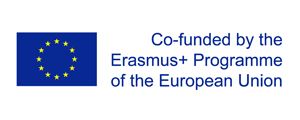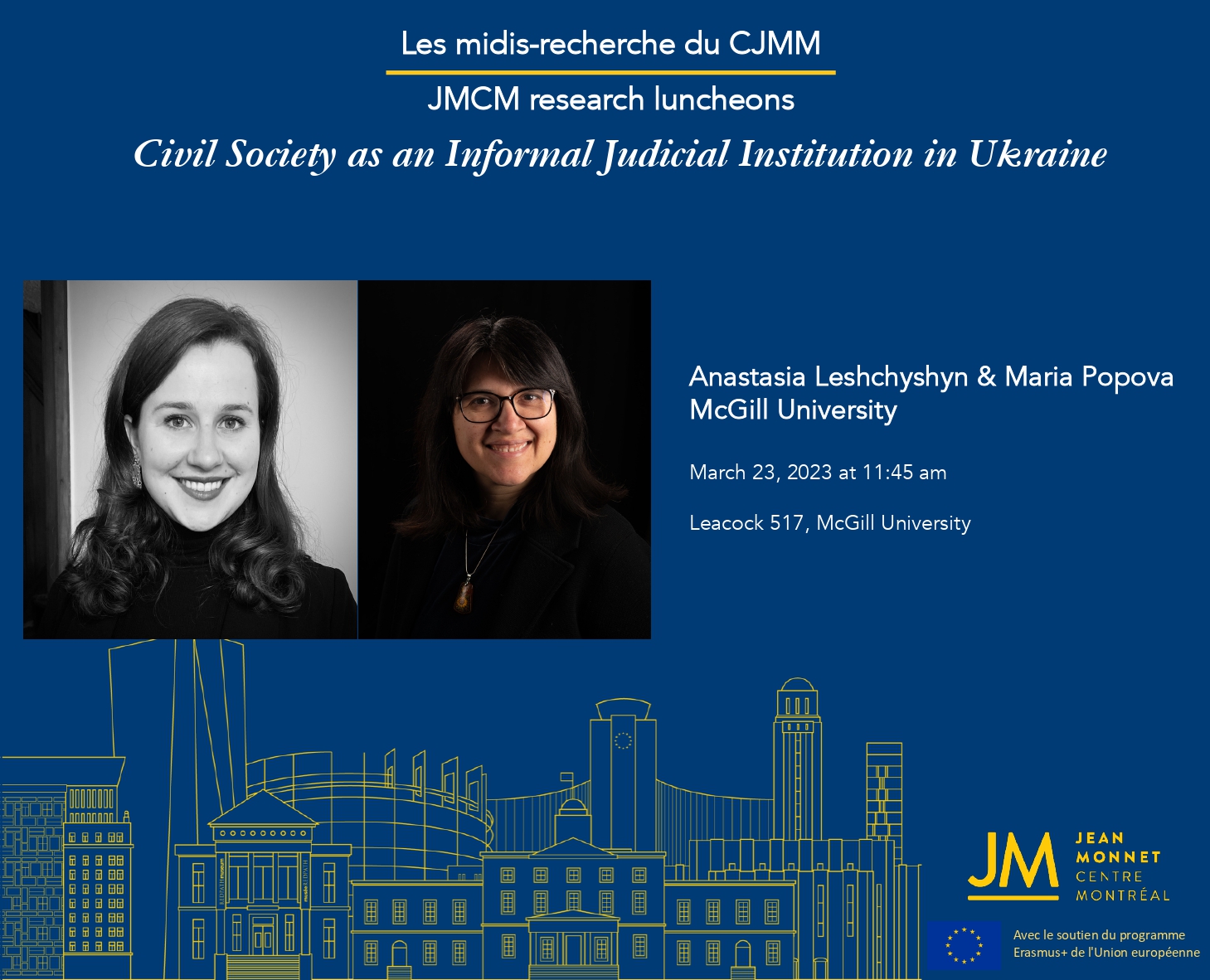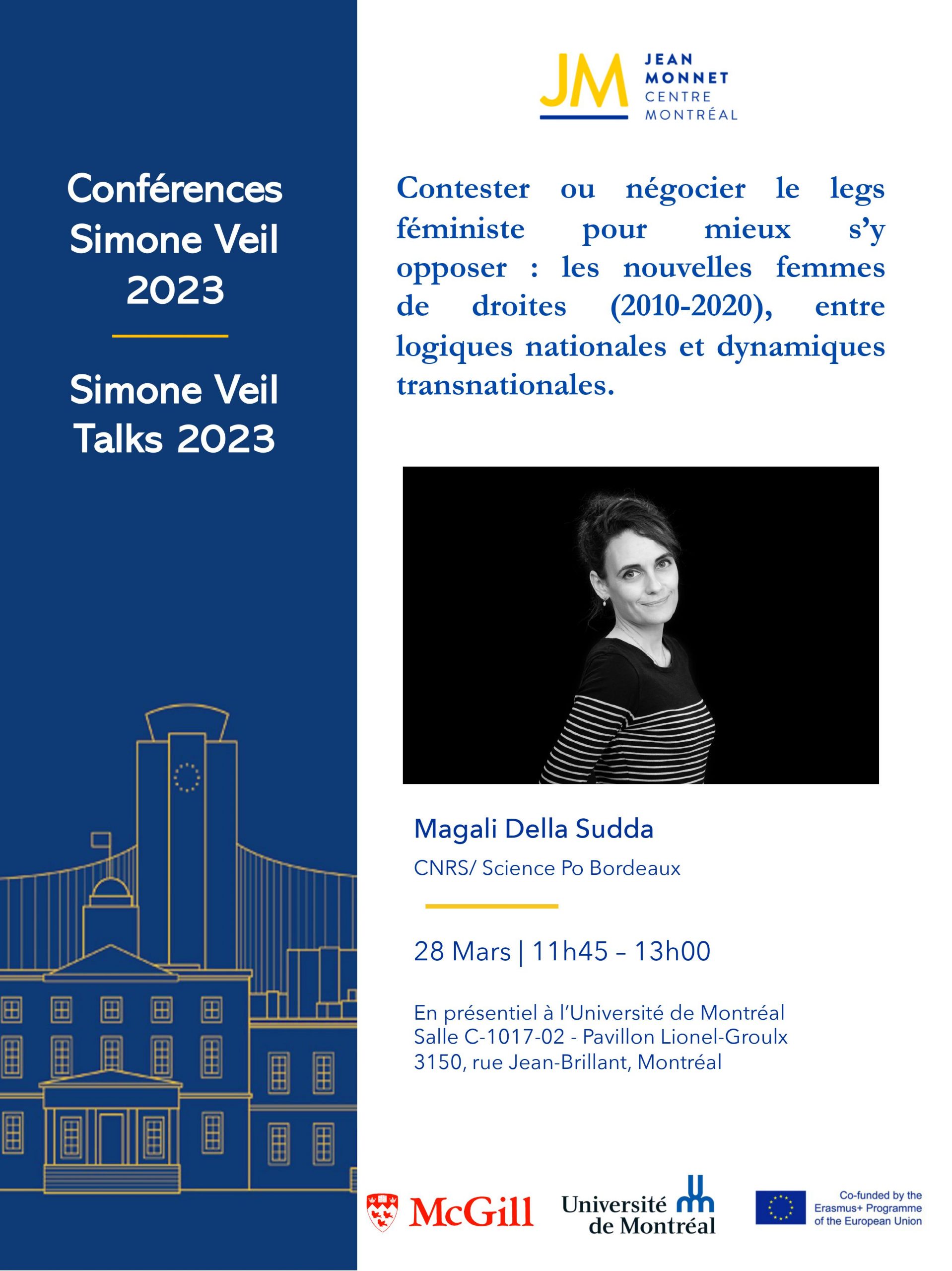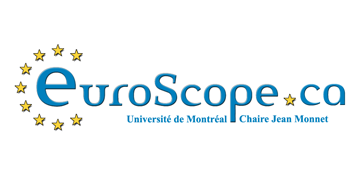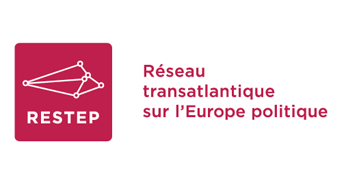RevUE de la conférence de Jelena Subotić proposée par Lily Martin
To kick off the 2021 Speaker Series, the Jean Monnet Centre Montreal welcomed Professor Jelena Subotić of Georgia State University for a talk on her book, Yellow Star, Red Star: Holocaust Remembrance after Communism (Cornell University Press 2019). Subotić opened with the startling observation that had motivated her research: an exhibition in the Historical Museum of Serbia that mis-used a well-known photograph of the Buchenwald concentration camp in order to illustrate communist crimes in Serbia. This led her to examine why East European states have appropriated the memory of the Holocaust to represent the crimes of communism.
Subotić argued that this was an explicit strategy taken up by post-communist states in order to gain political legitimacy within the European Union and resolve ontological insecurities (insecurities about national identity) generated by divergent East-West narratives. Post-communist states needed to memorialize the Holocaust in order to be accepted by the European Union, but they did so on their own terms, equating Communism and Nazism as the “two totalitarianisms” of the 20th century. Two key goals of this strategy, according to Subotić, were national absolution for complicity in fascism and the delegitimization and criminalization of communism as a political project.
Following the presentation, discussant Lily Martin situated Subotić’s research within two broader debates on European memory. First, it offers a rebuttal to optimistic claims that transnational, cosmopolitan memories have the potential to decouple collective memory from the nation-state. Second, the ethnocentric and exclusionary nature of many post-communist memory projects challenges the decolonization thesis, which sees these projects as inherently emancipatory.
Martin concluded by asking about the causal link between appropriative Holocaust memory and the rise of far-right, neo-fascist movements and how states can hope to engage in memory solidarity, as Subotić recommends.
During the Q&A session, one participant asked whether or not the contemporary political threat of Russia may have exacerbated the ontological insecurity of post-communist states. Subotić replied that, while it is an important factor, it does not explain the ontological insecurity of Croatia and Serbia, both allies of Russia and two of the main case studies in her book. In response to a question about how state narratives in post-communist Europe have been contested at the local level, Subotić highlighted the limitations of counter-narratives in successfully challenging hegemonic narratives at the institutional level.



